Budgeting. The word alone has probably sent shivers down your spine.
It is a strangely unpopular process that most people don’t seem to engage in, but I would argue the most important tool in your personal finance arsenal when it comes to working towards a bulletproof set of personal finances.
If you want to get good at managing your money, a budget is the main tool to get you there.
This doesn’t mean that you need to continually budget forever.
As you get better at managing your finances and understanding where you allocate your money, you can start to ease off the pedal on this.
For example, I don’t track my spending at a line-item level to understand how much I’m spending on beers vs petrol. I do, however, allocate my money after each payday based on my budget, and this automatically tells me if I’m over or under spending (when I look at my “banter” spending account and realise I’ve already burned through it 2 weeks into the month its a fairly sure sign that I’ve been overspending and I try to rein it in a bit).
But those are techniques I’ve used to help me stick to my budget, not to help me budget in the first place, which is what we will be mulling over in today’s article.
So you want to budget, punk?
Budgeting is super important. Without having a sense of the basics, you won’t be able to make any beneficial changes.
Some of the time it is obvious if something is going wrong – you’re paying for your lifestyle on credit cards, or living paycheck to paycheck.
Other times, it is less obvious. You’re unable to save, even though you consider yourself to have a good level of income, and want to understand why this is the case.
Having the feedback loop of a budget is a good thing. It should be an iterative process and one which as you get better at you can afford to chill out and be guided more by instinct rather than death by spreadsheet.
First, what is a budget?
A budget is simply a snapshot of your financial situation.
Quite simply put, it lists your income and your expenses.
If you were running a company, you would want to know what your income is, how much you are paying for your products, how much you are paying staff, how much you are paying for office space, right? You’d be pretty pissed if you were losing money each month without realising it.
This should be no different with your personal finances. You should still be aiming to make a “profit” each month. Your income should be higher than your expenses, in almost all cases.
If you reach that situation, then you’re on the right path and you can start using this personal profit towards whatever money goal you have, be it saving for a house deposit, a wedding, debt repayments or even early retirmenet!
A budget is also really helpful in understanding your current net worth by taking stock of:
- your current debt levels (credit cards, overdrafts, personal loans etc)
- any assets you currently have (savings, investments, property etc)
Income minus your expenses = your “personal profit“. For the eagle-eyed accountants out there, this is actually your cash flow, and the personal profit is essentially your savings rate.
What are the benefits of budgeting?
I’m glad you asked!
1. It grounds you in your financial reality
A lot of people take the approach of sticking their head in the sand when it comes to money matters. This can work if you’ve got natural habits of frugality and/or are on the path to mega-bucks (even then I would argue you’re squandering a hell of an opportunity even if that is the case).
For the rest of us, sticking your head in the sand isn’t a viable strategy if you want to build a secure financial future.
Going through the process of budgeting, you have to confront your financial situation and ask tough questions such as;
- “What is my actual income level”? This should be easy if you receive a regular paycheck from a salaried job, but will be slightly harder for self-employed, gig economy or business owners who have maybe ‘lumpier’ pay days and seasonality in their income flows
- “How much debt do I currently have? How much interest am I currently paying on these?”
- “How much do I spend each month? What are the main categories I spend on?”
A budget and the above questions are relevant no matter what your financial goal is. It could be that you want to pay off your debt, you want to save for a deposit, or you want to reach the lofty goal of financial independence in 5 years. No matter the ambition, this should be the starting point in all cases.
2. It is the best tool you have to improve your finances
Imagine driving a car without a windscreen or a steering wheel. You would consider these to be pretty important parts of the car, as driving without sight of the road, and without the ability to steer the wheel would make it a pretty spicy road trip (I hope you live near some quiet Roman roads!).
This is the same with the budget.
Budgets provide you the visibility (the windscreen), and as a result the ability to change direction (the steering wheel).
Firstly, your budget process will shine a light on your current spending patterns, and as a result, it will show areas where you can make changes (both easy and hard).
But having visibility is key, and the budget is the most important tool in anyone’s arsenal when it comes to whipping your money into good shape.
3. It enables planning
How do you know whether you can afford that new car? That dream holiday?
How do you know if you can retire in 5, 10 or 20 years?
How do you know if you can afford that house?
These are all questions that you should know the answer to without going in blind, and a budget will help guide you.
You can reference your budget when faced with these types of questions and get a half-decent answer backed in data, rather than pure gut-feel and intuition.
This ability to plan and look to the future is super important as it will help influence the scale and intensity of any changes you want to make. For example, if my goal is to pay off £50k of debt in 2 years as opposed to 7 years, I will need to be way more brutal in the changes I am considering in order to reach it in the target timeframe.
4. It holds you accountable
Hopefully your budget won’t start shouting at you if you mess up, but having an explicit target set by yourself and written down within your budget is a powerful accountability tool.
You can compare your spending against your initial budget and figure out what needs to change. These changes aren’t always one-way, it could be that actually you need to increase your budget to a more reasonable level to achieve a comfortable lifestyle level that you are happy with.
5. It provides control
This could be the most important benefit to budgeting.
Budgeting is like handing you a steering wheel to your personal finance car (yep, I’m still flogging this metaphor). It allows you to take the reins, and take control.
It allows you to understand your current situation, and to take action to intentionally improve it. It forces the transition from passively moving through life unaware of your financial situation, to actively engaging with it and improving it.
This should not be underestimated, as it then opens up actual answers to questions that people always think of as a pipe dream or unachievable.
“I want to retire in 10 years”
“I want to travel the world for a year”
“I want to sack off my job and walk the length of Europe”
Whatever your mad pipe dream, I can almost guarantee that it will not be impossible.
Some may be hard, but not impossible.
The start of it almost always comes with the question “how much will it cost?”. Once you know that, you can work towards it via your budget and budgeting process. This will then provide you the answer of “how long until…..”.
Don’t like the answer? Get more brutal with your budget (i.e cut out some more excesses or try to build your income) to decrease the amount of time needed to get there.
How I Paid Off £2,000 Debt and Saved £9,000 In Less Than One Year
Everyone loves a good story, and even though this is a far cry from the…
Is Emma Budget App Free?
We all love a free app nowadays, don’t we? I sure do. But, sometimes it…
Wealthify vs Hargreaves Lansdown
Investing in the stock market used to be an inaccessible world full of jargon, stockbrokers…
Plum vs Yolt: Which One Will Save You Cash?
Being a bit of a personal finance nerd, I have been absolutely spoiled for choice…
Are Money Saving Apps Safe?
Ah apps. Love them or hate them, they are an increasingly important part of our…
How to deal with a financial emergency step by step: dealing with income loss
Life is predictably unpredictable. When a financial emergency strikes it might seem like the world…
What Makes You A Millionaire (UK)
Attaining the title of “millionaire” is an aspirational goal for many. Lots of people want…
How To Save For A House Deposit In A Year (Whilst Renting In The UK)
As a fellow first time buyer, I’m sure you know the struggle already. We really…
Personal Profit is now The Mindful Money Project!
Hello there good reader! I’m proud to announce that I have re-branded my site. No…
Plum vs Vanguard – Cheaper Fees to Boost Your Portfolio?
Sometimes even hearing the word “finance” is enough to start an eye-rolling yawn, but I…
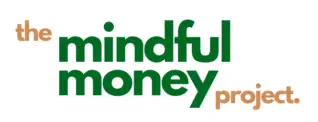
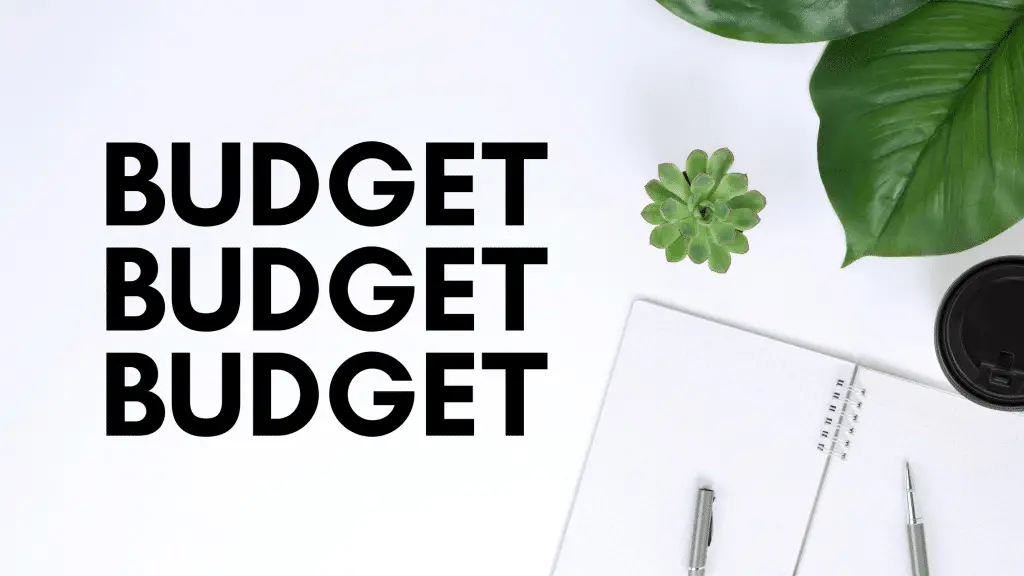
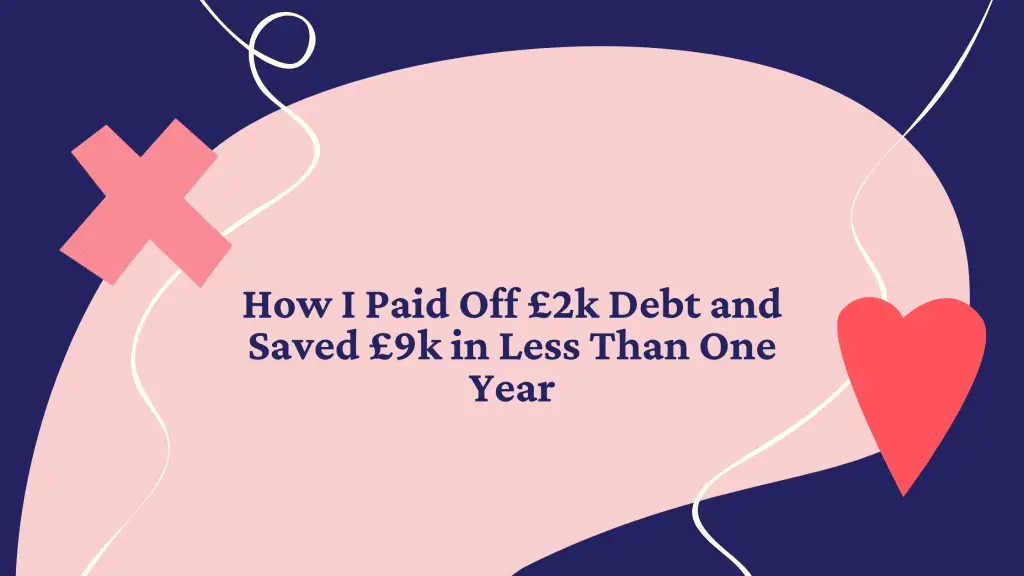

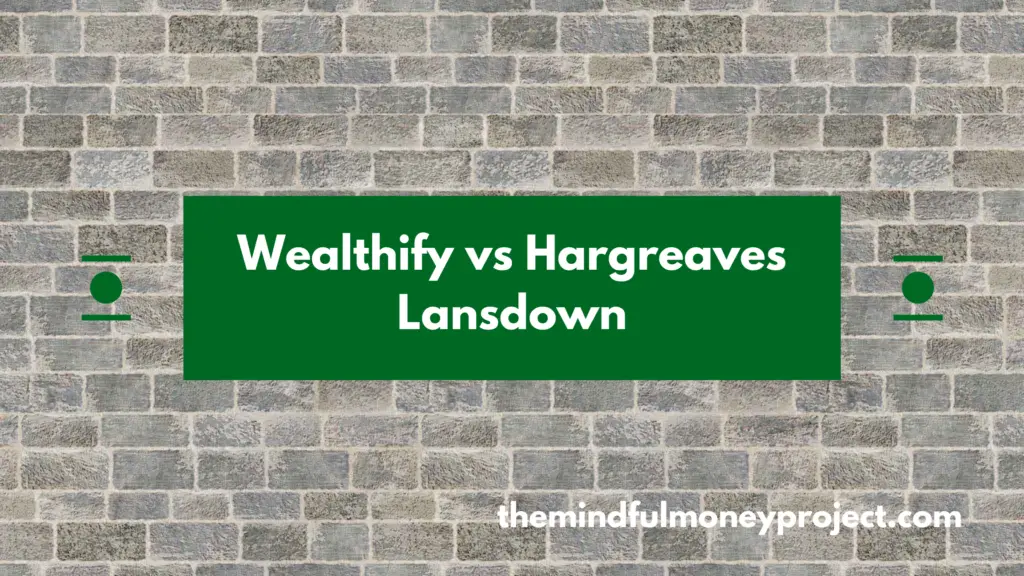


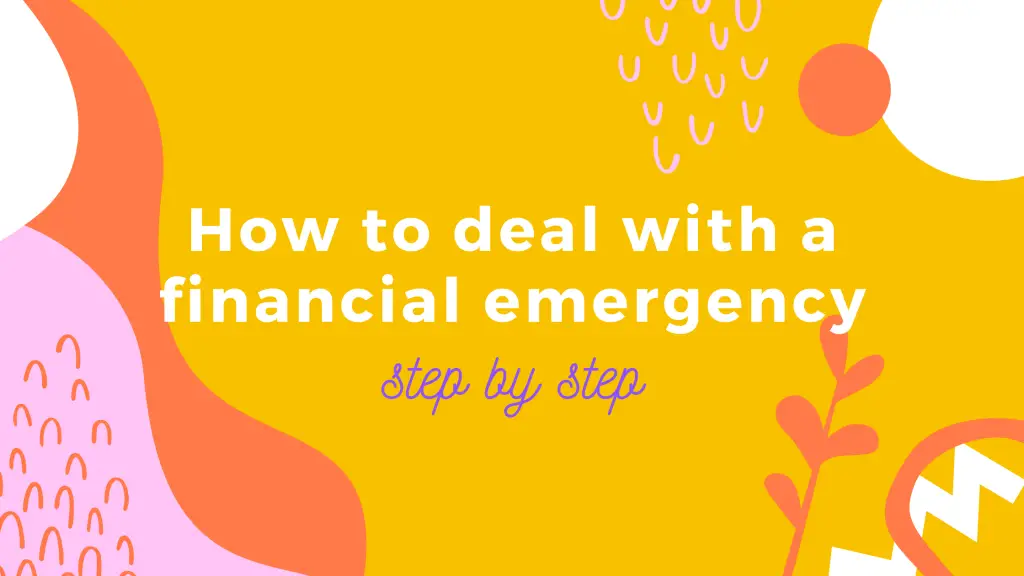

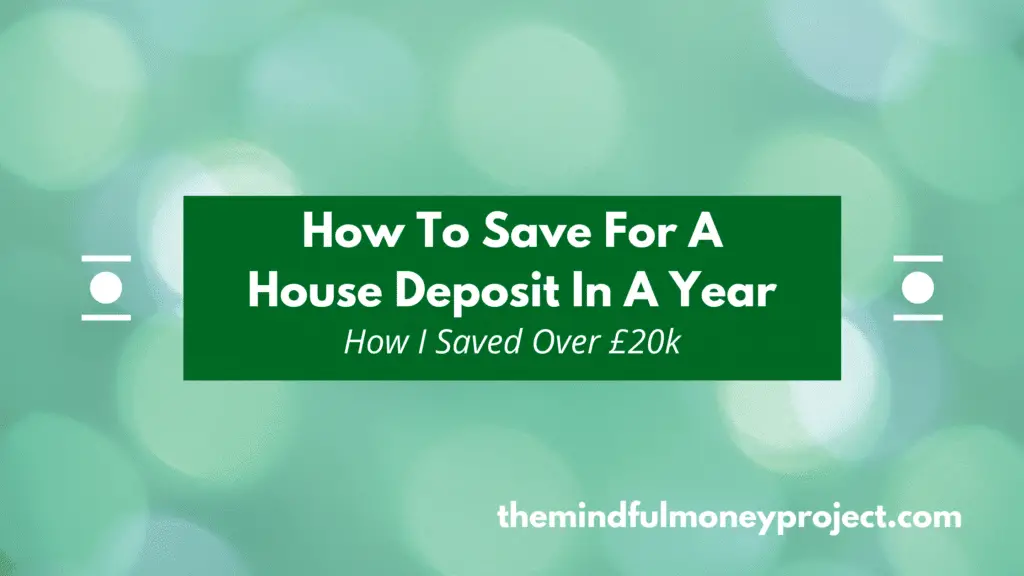



Pingback: Budget Like A Pro - What Does My Budgeting Process Look Like? - Build your Money Muscle
Pingback: What is Personal Profit? - Personal Profit Builders
Pingback: How To Stick To Your Budget When Nothing Works - Personal Profit
Pingback: 7 tips in how to stop living paycheck to paycheck - Personal Profit